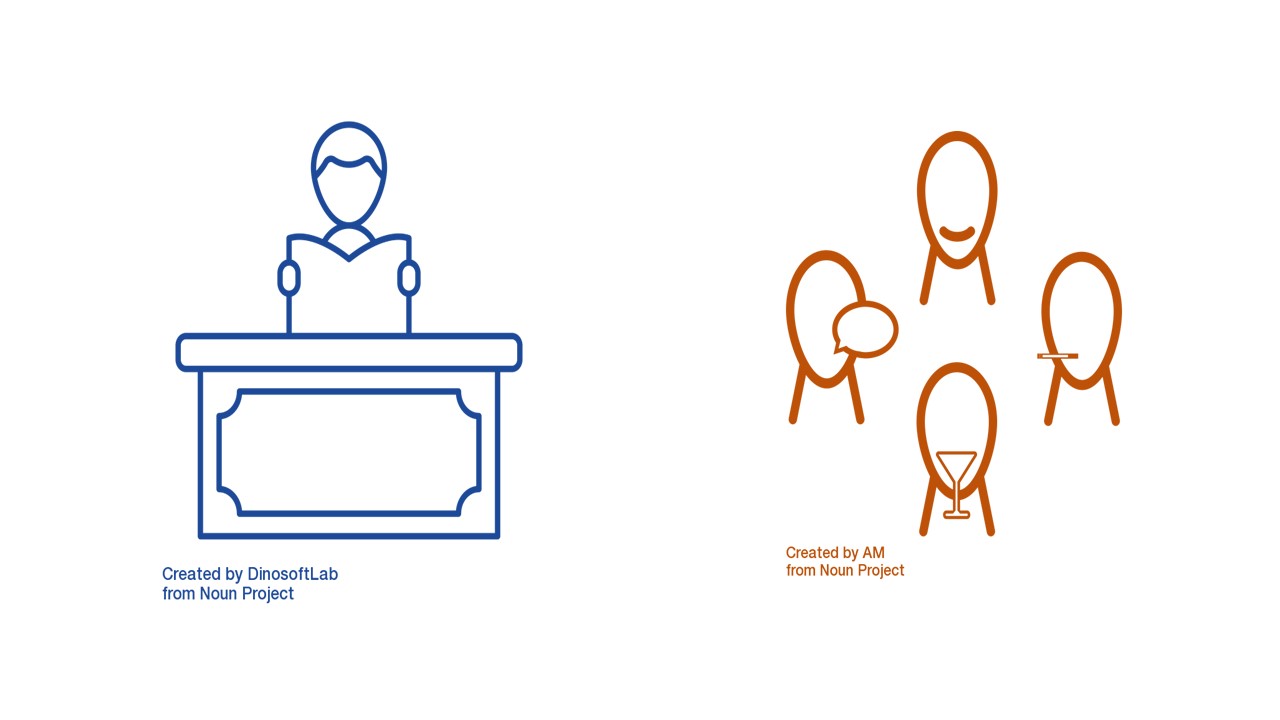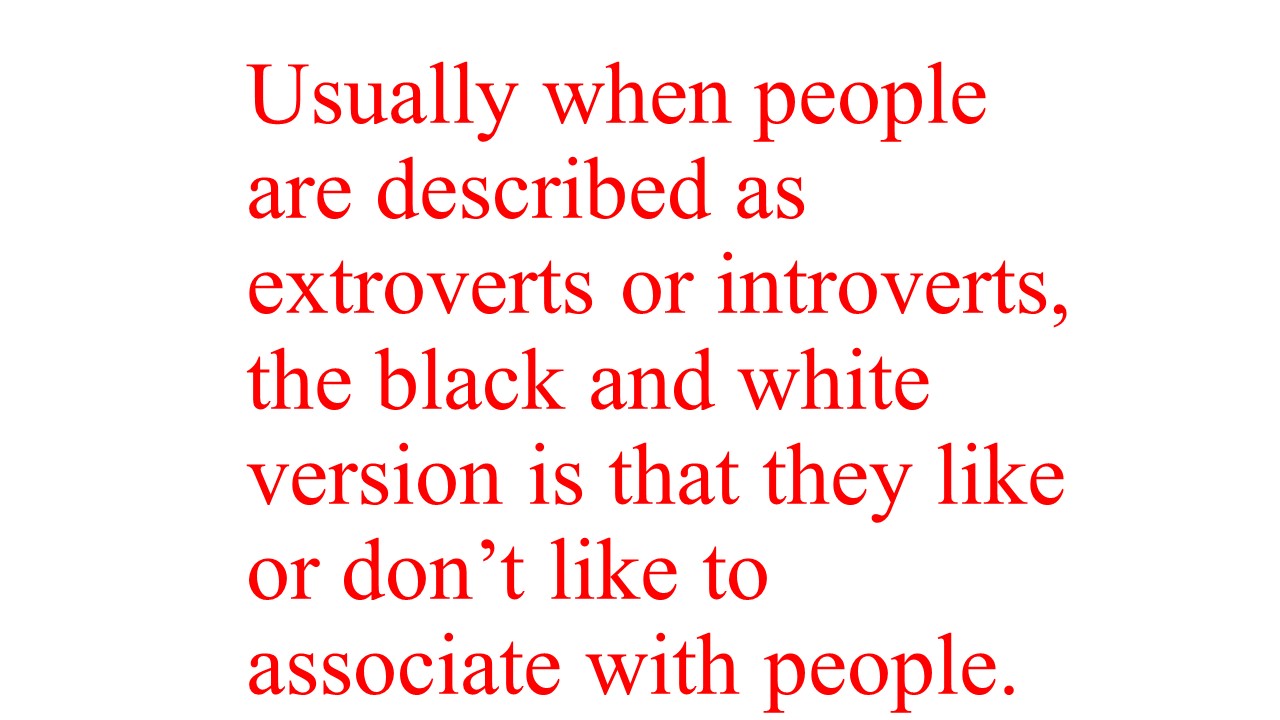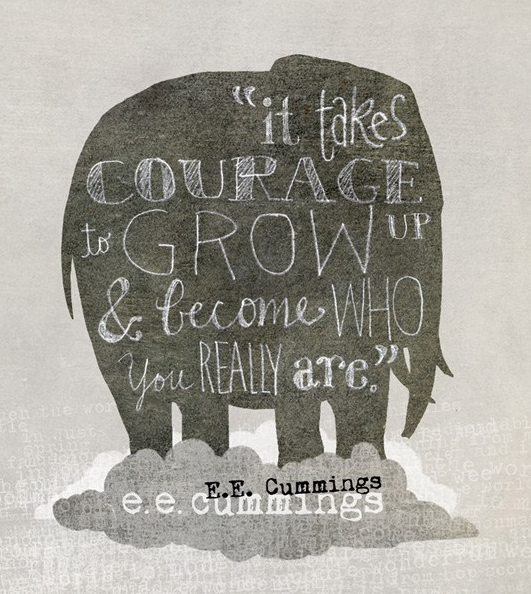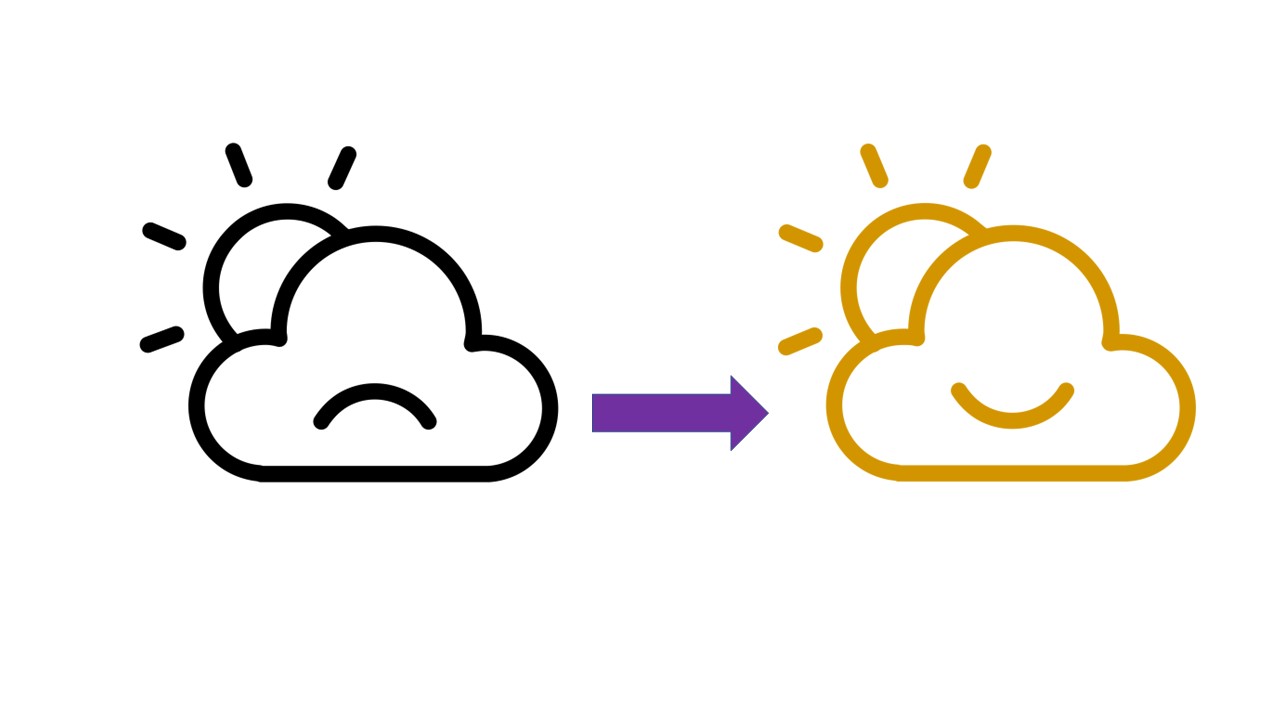
Sometimes, the simplest interpretation of even the most intricate or treasured thing can be its greatest value, especially when first discovered. Think of a child’s awe and wonder the first time he or she sees art or nature or the treasures in grandma’s attic. Later, maturity and knowledge may broaden that appreciation, but never replace that simple revelation upon first discovery. When this principle is applied to something that gives hope, it can be life changing.
Donald O. Clifton, the father of Strengths’ psychology, initiated his research in the 1950s. Working on his graduate degrees in Educational Psychology, Clifton decided to study success and similar positive elements of human nature. At the time little if any research had been done on the topic. Psychology was then dominated by Freudians who viewed humanity as all screwed up and needed to be fixed. Clifton didn’t buy into that. He looked around and saw that there were successful, happy, engaged people who didn’t appear to need to be fixed. He decided to study what was up with them.
Clifton’s original intention was to gather information that he could use to create a career assessment. He thought that he would discover that certain positive traits were related to success in particular career fields. He assumed that lawyers would have one set of success traits, while doctors would have another set of success traits, as would business people, librarians and circus performers. Instead what he found in studying live human beings was that doctors and CEOs and circus performers could all have the same success traits or talents. Talents did not necessarily determine what you should do, but rather how and why you do it.
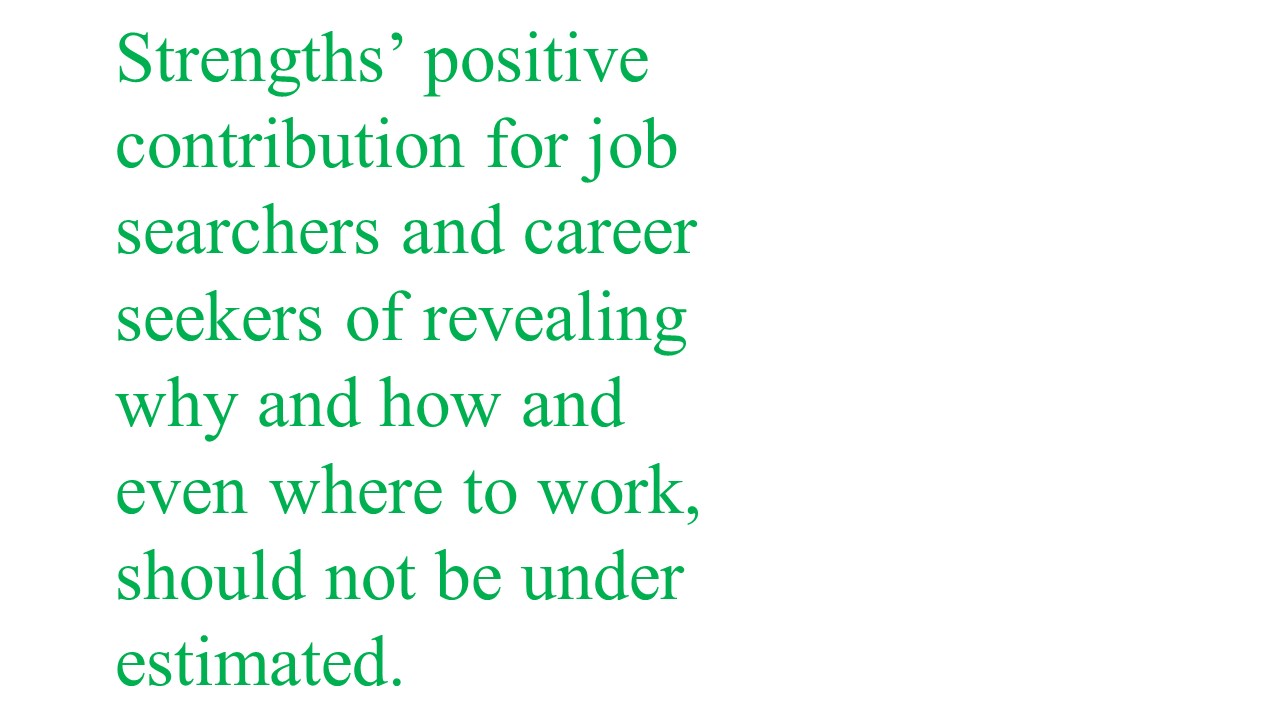
Dr. Clifton realized that any of the talents that he identified could exist in anybody, doing anything. Because of that realization, he shifted away from vocations. For that reason, the CliftonStrengths (StrengthsFinder) is often ignored as a resource for job-search. However, Strengths’ positive contribution for job searchers and career seekers of revealing why and how and even where to work should not be under estimated.
When you seek new employment, it is almost always because you have been pushed into that situation. If any of the terms, right sized, downsized or capsized is in play, then that means you’ve lost your job. Alternatively. you may be in the job search because your current work situation is so uncomfortable and unrewarding that you believe there must be better opportunities or greater respect elsewhere. In either case, you are probably in a very negative place. This is the first opportunity that Strengths has to positively affect your life.
The StrengthsFinder assessment’s first positive revelation for the newly unemployed or the increasingly disillusioned is simply, “This is who you are and that’s a good thing”. This is more than a simple affirmation. It is an affirmation backed up by data in your Strengths profile.
Taking the assessment, you are rewarded with both general and individualized information about which of the 34 Strengths predominate in you. You are informed that your desire to dot all the i’s and cross all the t’s, is an asset, not a liability. Or your need to always tweak things to make them better, or that steadfast requirement that everyone be treated fairly, are not annoyances, but gifts.
It might be particularly hard for a Strengths coach or anyone who is well versed in the Strengths and their depth and breadth, to see this simple but powerful reality. The first great gift of Strengths is the simple affirmation that you matter. You matter because of how amazing you are and the amazing potential you have.
Graphics Created by Chameleon Design from Noun Project
